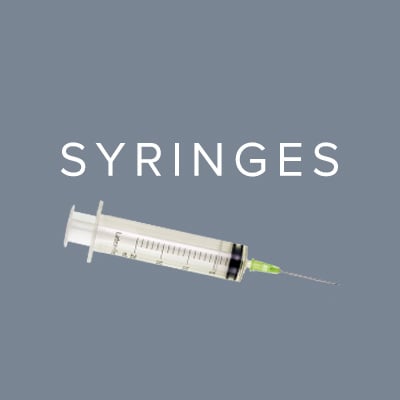Regulatory Article
At medfx, we pride ourselves on being one of the industry leaders in supporting healthcare professionals in their work within the aesthetics industry. As we all know the aesthetics industry is currently unregulated which poses a risk to business and ultimately patient safety. We try to assist our customers in staying on the right side of regulations and best practice, which is why we make changes and give updates to our customers as often as we do. Recently, there have been some regulatory changes, however, hopefully this article aids in your understanding of the regulations and how it applies to your practice (plus we thought it might be a useful CPD reminder).
Good Distribution Practice
medfx is not just a pharmacy, we are also a licensed Wholesale distributor. This means that we are regulated and inspected by the MHRA, we are held to regulatory standards by this agency. These regulations dictate what checks we as a company need to do on the suppliers we buy from, customers we supply to and how we supply our product to you.
Good distribution practice helps ensure the safety and integrity of the medicines you order for your patients is safe, effective and delivered to you as per the manufacturer’s guidance. This means that we monitor the weather to ensure anything we send, for example in the summer we keep your deliveries cool and safe. We use special pharmaceutical-grade cold chain packaging, which we put through testing to ensure that it maintains products at fridge temperatures for a designated period of time. GDP regulations also mean that we cannot allow our 3rd party courier to leave your medicines with someone other than yourself or in a ‘safe place’ as this is against MHRA guidance as it could affect the integrity of your medicines.
Prescription Regulations
The legislation that mainly covers prescription supplies of medicines is The Human Medicines regulations 2012. These regulations dictate that prescription-only medicines can be supplied through a pharmacy if a pharmacist is presented with a prescription from a licensed practitioner. Here at medfx, we have a pharmacy that can do just that!
Prescriptions are generated by a prescriber for an individual patient’s need. What is written on the prescription is the clinical and professional decision of the prescriber. As part of the pharmacist's professional role, they must clinically assess all prescriptions. This means that we might reach out to you for clinical justification or treatment plans to aid in our clinical assessment of the prescriptions. It is the pharmacist's legal and professional right to decide if a prescription should be dispensed or not, however in any circumstance Medfx aim to keep you as in the loop as possible.
Prescriptions FAQs
Can I use items that have been prescribed for one patient on another?
No, this cannot and should not be done.
How much can I prescribe for one patient?
This is ultimately the decision of the prescriber to make and it is driven by what the patient requires for treatment and any aftercare.
How long is a prescription valid for?
A prescription is valid for 6 months.
Why do I need a Date of birth (DOB) on prescription?
This is legally required for all patients under 12 years old, however specifically for aesthetics is it against the law to cosmetically treat patients under 18 years of age. This is why we at Medfx ask for a DOB on the prescription.
Can I get my clinic staff to do the prescriptions on my behalf?
No, the authority to generate a prescription is that of the prescriber and should not be delegated to others. This is why we ask for a specific, unique password and one-time passcode when prescribing to ensure security for you as a prescriber.
Can I prescribe for myself?
This is not the best practice to do so and we at medfx will not dispense these prescriptions.
Can I prescribe for relatives and friends?
This is not best practice, however, deemed acceptable in certain circumstances. The clinical justification to do so is the responsibility of the prescriber.
Can I purchase on my account and give stock to a colleague?
No, this is not acceptable under the Sale and Supply of Medicines regulations only licensed premises such as pharmacies have the authority to supply and sell medicines to others.






